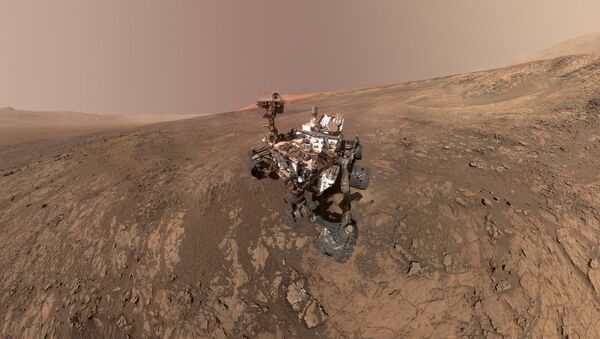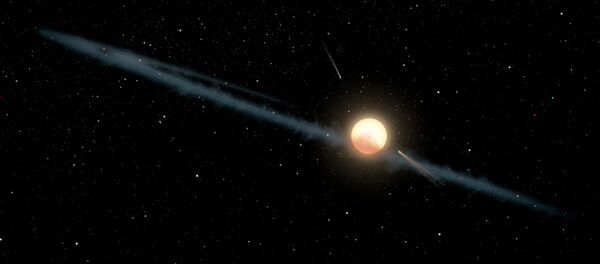Mysterious "Little Colonsay" attracted scientists' attention after the Rover's ChemCam spotted the object in a wider image. As the object raised a lot of questions and as it was hard to tell what the "Little Colonsay" object is only from the photos, the agency said that the rover is being sent back to the strange "golden rock" for a second look.
"One of the samples that we try to get a better look at is 'Little Colonsay.' The planning team thinks it might be a meteorite because it is so shiny. But looks can deceive, and proof will only come from the chemistry," wrote Dr Susanne Schwenzer on the NASA's Curiosity team's blog.
"Unfortunately, the small target was missed in the previous attempt, and with the information from that, Curiosity will try again," she added.
READ MORE: Lonely as Dave Bowman: NASA's Curiosity Rover at 2000 Martian Days
NASA calls the Curiosity rover, its space exploration machine, the "largest and most capable" device ever constructed to explore the Red Planet. The rover is approximately the size of a car, has a seven-foot-long arm, a laser to "vaporize" rocks and carries 10 science instruments, including 17 cameras.


